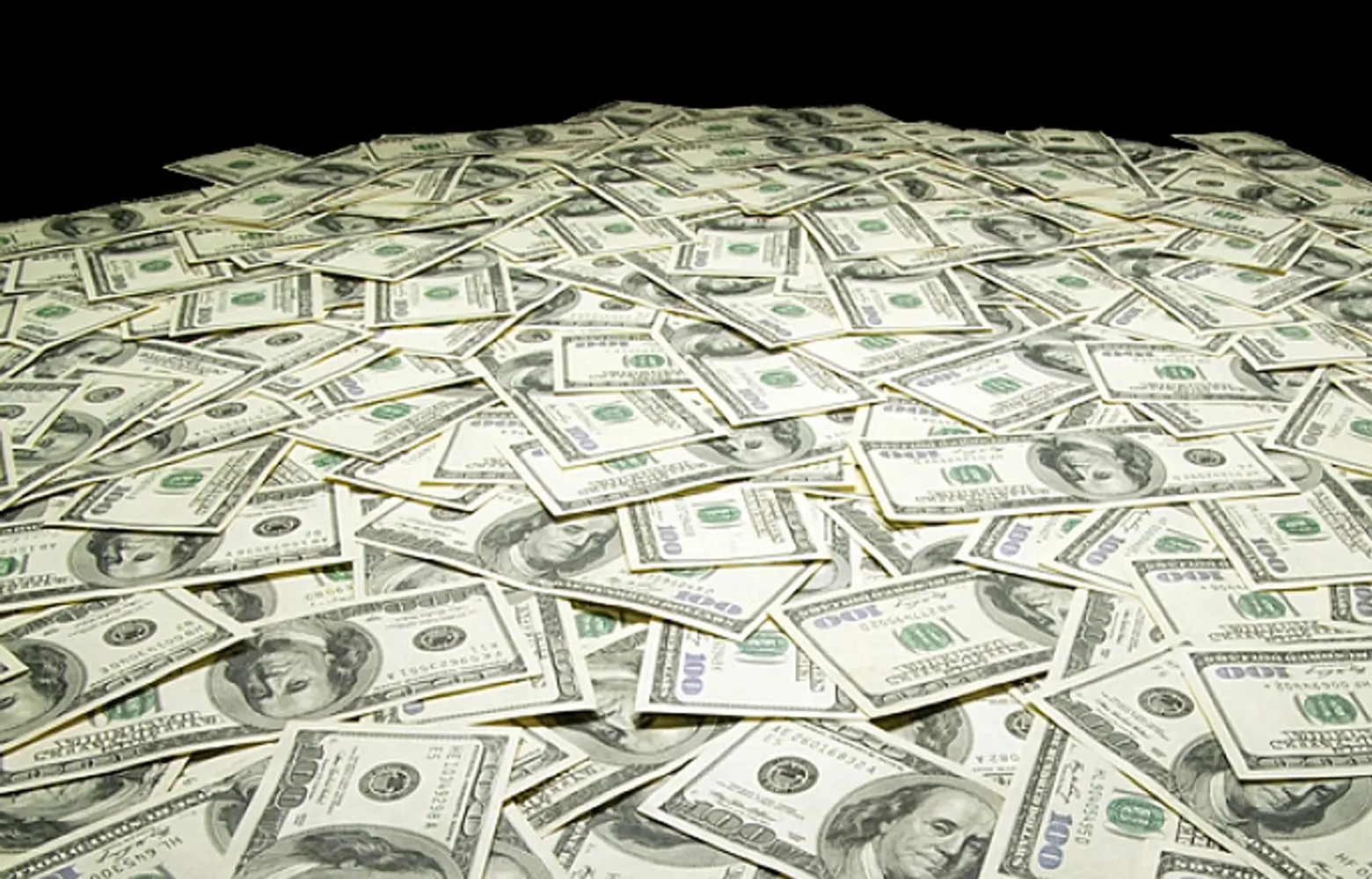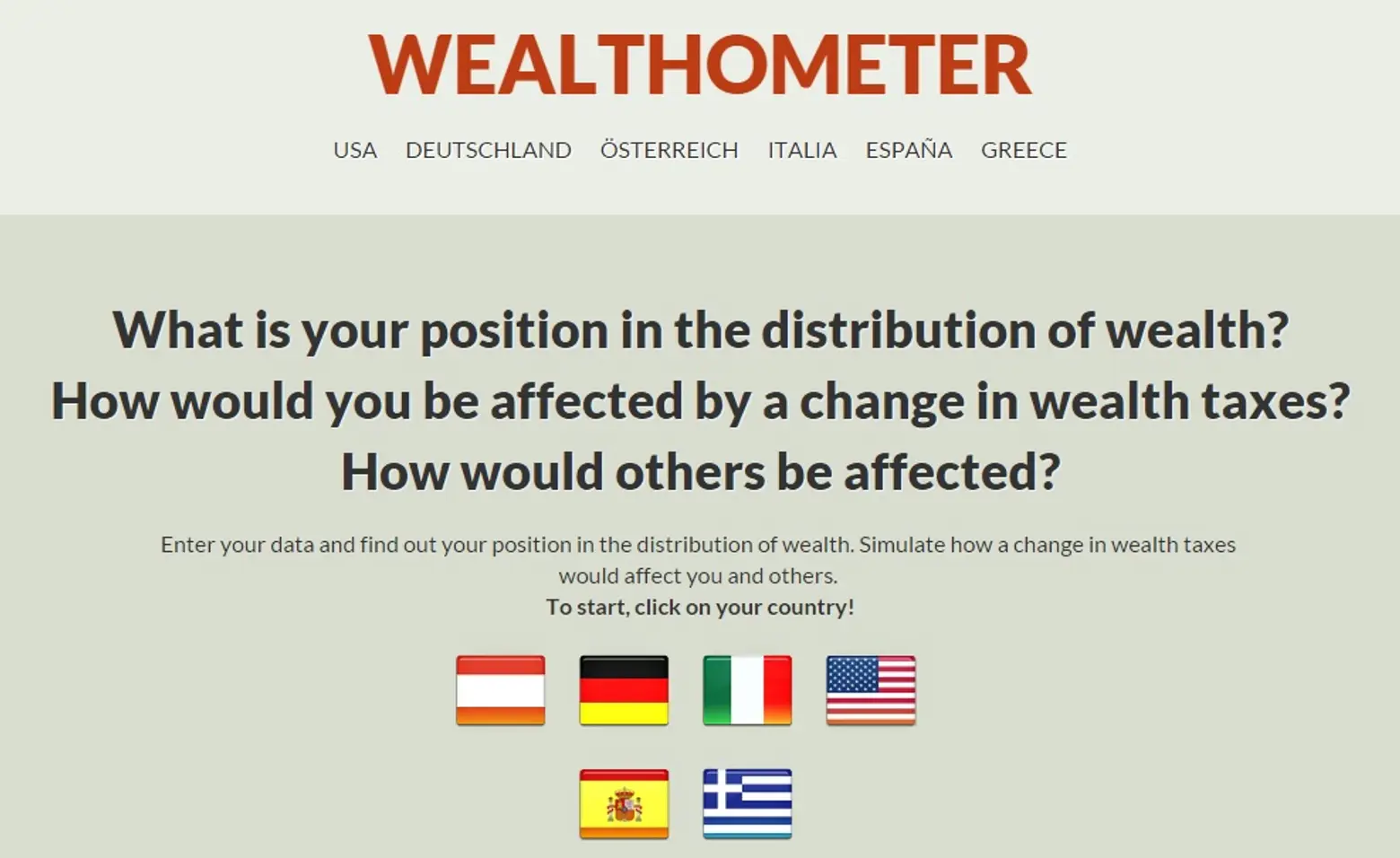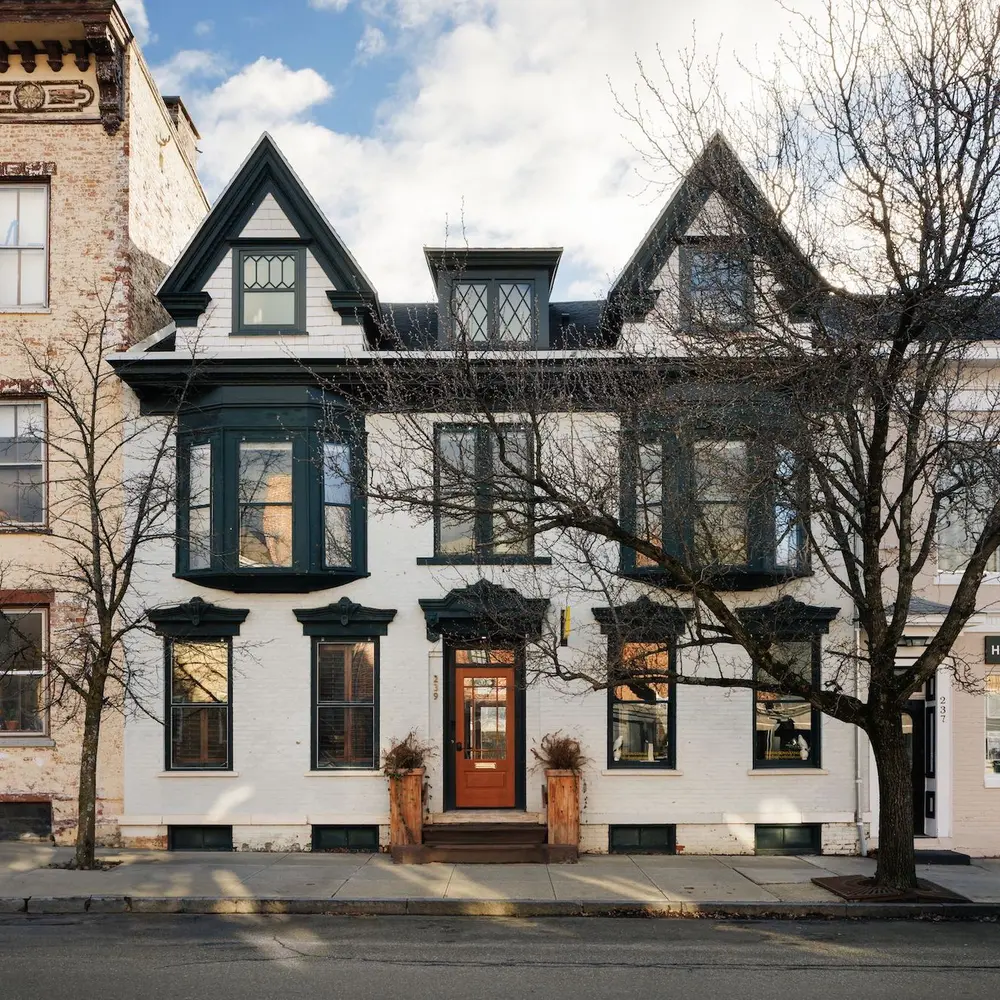Are You Rich? The Wealthometer Will Tell You

In a city like New York it’s easy to feel poor. Even if you’re pulling down six figures, you still probably cringe at your monthly rent and can’t afford that summer share on the Hamptons. On the other side of the coin, we can just as easily start to feel richer than we are thanks to the fact that we live in the greatest city in the world and have access to opportunities that few places in the world can claim. But outside of our skewed bubble of NYC, most of us are actually just plain old middle class. As Fast Co. Exist reports, “For all that wealth inequality is now discussed in America, people consistently under- and overestimate their own place on the wealth spectrum. The wealthy think they’re middle class. The poor think they’re middle class. The actual middle class is probably struggling. One reason is that most people know people about as rich or poor as themselves, so everyone thinks they are more normal than they are.”
There’s a new tool, however, to set us all straight. The Wealthometer, created by Harvard University economist Maximilian Kasy, has you enter your assets, and it then tells you where you fall in the distribution of wealth.

The tool is actually quite simple to use — just select your country, plug in your real assets and financial assets, and enter your total debt, and voila, there’s how rich or poor you are in a percentage based on national averages. Before you begin the calculator, you’re asked to estimate your wealth, so you see how your perception checks out against the reality. The data used to calculate wealth distribution is from the Survey of Consumer Finances (SCF), which is “a triennial interview survey of U.S. families sponsored by the Board of Governors of the Federal Reserve System with the cooperation of the U.S. Department of the Treasury.”
According to the website, the Wealthometer provides answers to the following questions:
- How unequal is the distribution of wealth in the US and in the countries of the Eurozone?
- What is your position in the US distribution of wealth? How would you be affected by a change in wealth taxes?
- How would various alternative models of wealth taxes affect others, how would they affect public revenues, and how would they affect the distribution of wealth?
Use the Wealthometer here.
[Via Fast Co. Exist]
RELATED:



























